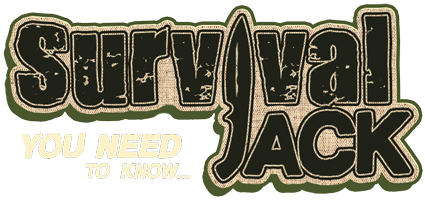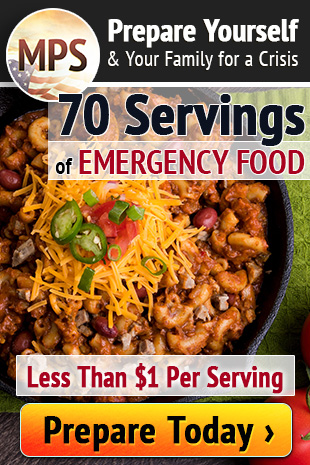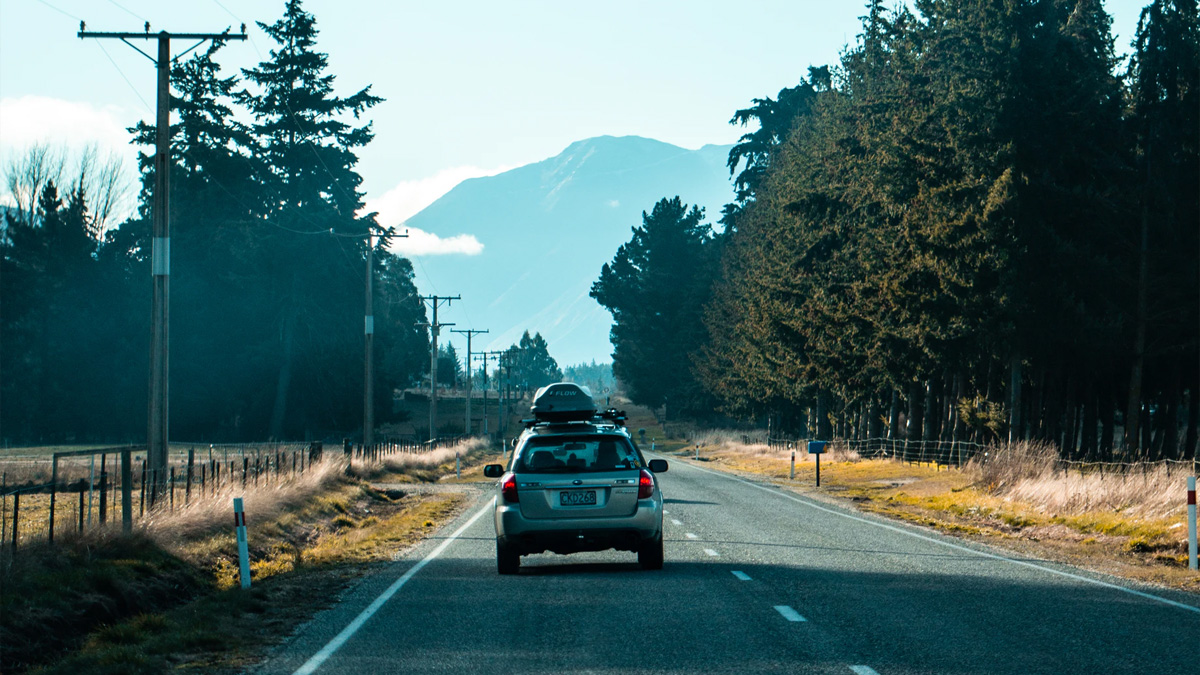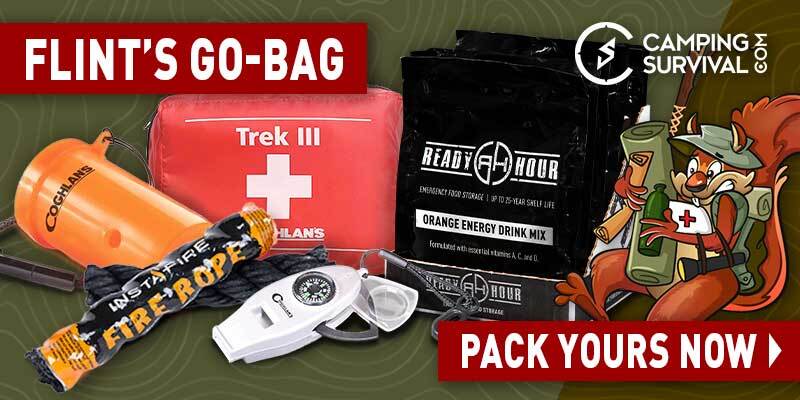on
The CDC recommendation is not to travel during Covid, but for many that recommendation is just not realistic. There are ways to protect yourself both from potential illness and also from criminal types who are taking advantage of mask-wearing mandates to hide in plain sight.
Don’t travel if you are sick or if you have been around someone with COVID-19 in the past 14 days. And don’t travel with someone who is sick.
Before You Travel:
Before you choose to travel, consider the following:
- Is COVID-19 spreading at your destination?
The more cases at your destination, the more likely you are to get infected during travel and spread the virus to others when you return.
- Check Each State’s Cases in the Last 7 Days
- Travel Recommendations for Destinations Around the World
- Do you live with someone who might be at increased risk for severe illness from COVID-19?
If you get infected while traveling, you can spread the virus to loved ones when you return, even if you don’t have symptoms. - Are you at increased risk for severe illness from COVID-19?
Anyone can get very ill from the virus that causes COVID-19, but older adults and people of any age with certain underlying medical conditions are at increased risk for severe illness from COVID-19. - Does your destination have requirements or restrictions for travelers?
Some state, local, and territorial governments have requirements, such as requiring people to wear masks and requiring those who recently traveled to stay home for up to 14 days. Check state, territorial, tribal and local public health websites for information before you travel. If you are traveling internationally, check the destination’s Office of Foreign Affairs or Ministry of Health or the US Department of State, Bureau of Consular Affairs, Country Information for details about entry requirements and restrictions for arriving travelers, such as mandatory testing or quarantine.
If You Travel:
During your trip, the CDC recommends you take the following steps to protect yourself and others from COVID-19:
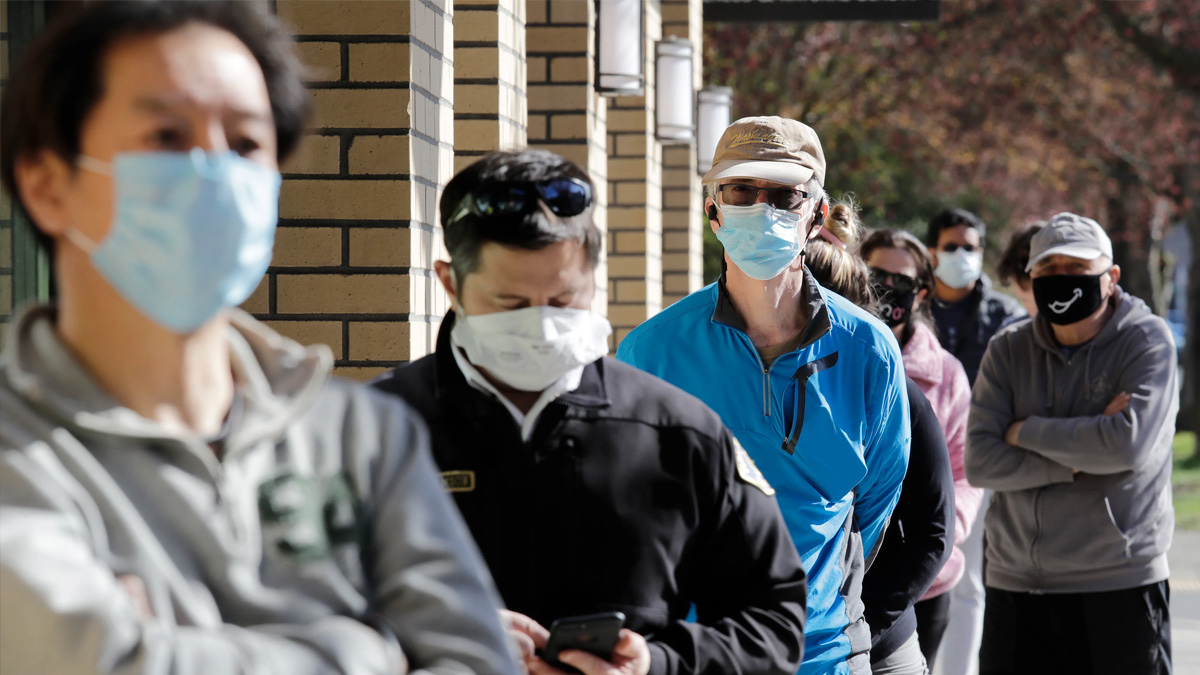
- Wear a mask to keep your nose and mouth covered when in public settings, including on public transportation and in transportation hubs such as airports and stations.
- Avoid close contact by staying at least 6 feet apart (about 2 arms’ length) from anyone who is not from your household.
- Wash your hands often or use hand sanitizer (with at least 60% alcohol).
- Avoid contact with anyone who is sick.
- Avoid touching your eyes, nose, and mouth.
Travel Safety Tips:
The following tips are for any travel regardless of whether or not there are Covid related restrictions in place.
1. Do your research ahead of time
Get to know your destination in depth before you arrive. (See above for links where to find out COVID restrictions and checkpoints ahead of time) Read traveler reviews and consult with locals for information about the safest neighborhoods, places to stay and incidences of crime. Check the State Department’s website for country updates and enroll in the Smart Traveler Enrollment Program (STEP).
Another important travel security precaution is to know whom to call in an emergency. Get the contact information for the nearest embassy or consulate, police station, and other local emergency departments.
2. Don’t draw attention
People who look like they’re from out of town are especially vulnerable to crime, so try to blend in as much as you can. Choose inconspicuous clothing that won’t attract attention. Be discreet when looking at maps and approach people carefully if you need to ask for directions. Also, consider investing in protective clothing and gear that will make it more difficult for pickpockets to steal money and other personal items.
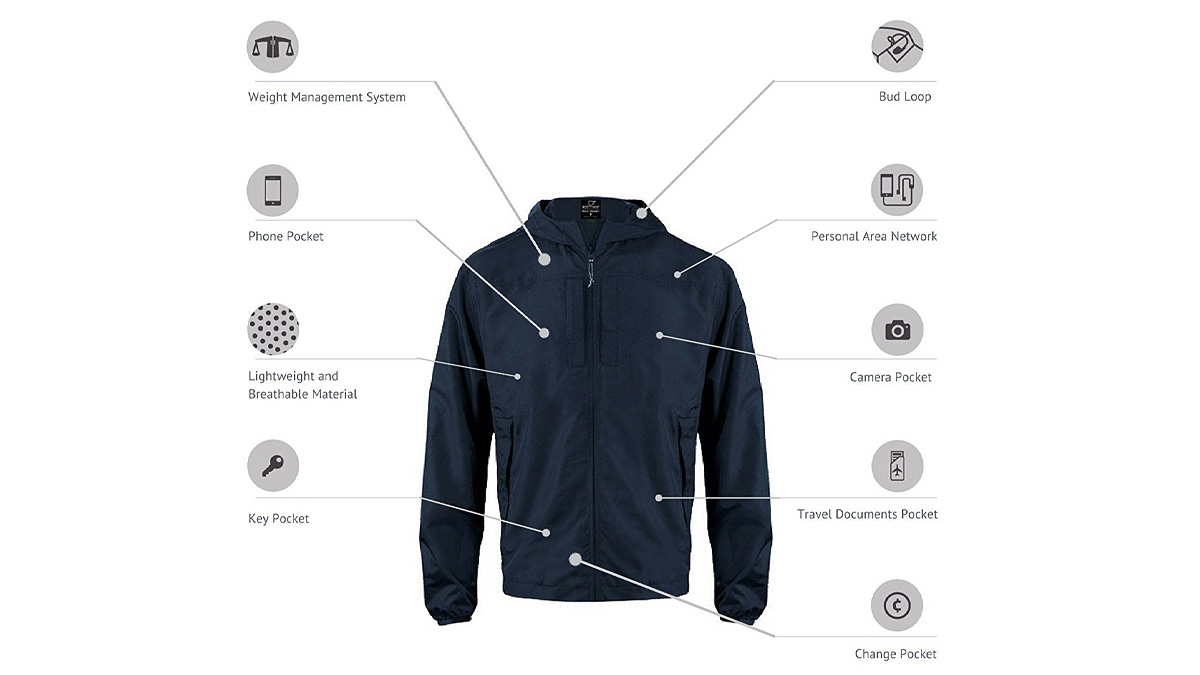
3. Make copies of important documents
You never know when you might need a copy of your passport, driver’s license or another form of identification. Scan these documents to save online and print out several hard copies. That way, you won’t be scrambling to find proper documentation if you need to get home.
4. Keep your friends and family updated
No matter whether you’re going, on an overnight jaunt or a month-long international journey, it’s always a good idea to let friends or family back home know. Before you leave, send a copy of your itinerary to a few trusted people who can keep tabs on your whereabouts. Check in regularly with your contacts so they know you’re where you’re supposed to be.
5. Be wary of public Wi-Fi
Don’t let the convenience of Internet access cloud your judgment. When you use public Wi-Fi, hackers looking to steal valuable information can access your data including credit card or Social Security numbers. If you do need wireless Internet service, set up a virtual private network (VPN) that will allow you to access the Internet securely while traveling.
6. Consider staying in a hotel room rather than with family.
If you are going to visit family it is most likely that you plan to stay with them, however, studies show that people are only cautious about following Covid recommendations for the first couple of hours of a visit. Staying in separate accommodations is one recommended way to control the amount of exposure.
7. Double check all reservations 24-48 hours before departure
Given the constant state of flux when it comes to Covid-19 restrictions it is important that you confirm any reservations you made before your departure regardless of the type of transportation you are using. This includes, flights, hotel, car and event or restaurant reservations. Make sure to give yourself plenty of time to find alternates if any of these should be unable to accommodate your prior reservation.
8. Safeguard your hotel room
Subscribe for FREE to Continue Reading
Subscribe for FREE to get access to all of our premium content and get an email when new content is added.
The purpose of this blog is to present preparedness ideas for those that are brand new to the idea of being prepared for various disasters. We will also provide information for experienced ‘preppers’.
Get access to premium content and more!

